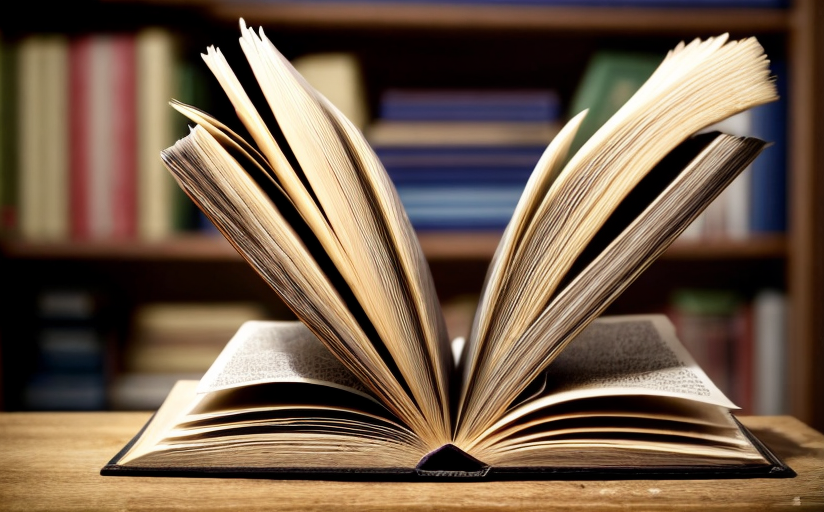The Profound Influence of Mythology on Modern Literature
Mythology, an ancient body of traditional stories representative of a particular culture or society, has had a profound influence on modern literature. Drawing from the timeless wisdom and moral lessons of mythical tales, authors interweave these antiquated narratives into their works. They embody archetypal roles and introduce invigorating themes and captivating plots that add depth to contemporary storytelling. The influence of mythology lends itself to the creation of paradigmatic characters, which suggests an enduring importance of mythology as a powerful source of inspiration in the creative writing process.
Embarking on the Journey: Mythology and Literature
Mythology has always served as the cornerstone in the formation of human communities, providing verbal, moral and ethical platforms upon which sound living principles are built. By adapting mythology into modern narratives, authors shape and enhance the contemporary literary landscape. They reform old characters, recreate stories and remodel locations, suggesting a simultaneous existence of the old and the new, the traditional and the contemporary.
Paradigmatic Characters and Invigorating Themes
Heroes and heroines, gods and goddesses, mythical creatures and magical elements - all figures crafted within the realm of mythology make their appearances in the paradigms of modern literature. From Tolkien’s Middle-earth filled with elves and orcs to Rowling’s wizarding world of Harry Potter, we continually encounter themes of bravery, sacrifice, treachery, and redemption - key components that echo ancient mythical narratives.
Contemporary Reflections of Myth
The influence of mythology can also be seen in the plotlines and narratives of many classic and contemporary novels. Albert Camus’s, “The Myth of Sisyphus,” serves as a perfect example, retelling the Greek myth in a modern context, as does Rick Riordan’s, “Percy Jackson & the Olympians,” series, which goes as far as modernizing the ancient Greek gods. These narratives not only enrich the literary texture, but also add layers of interpretive depth.
Conclusion: The Enduring Importance of Mythology
The broad reach of mythology into modern literature highlights its enduring importance as a source of inspiration. Its ever-present influence shapes the literary landscape, from characters and themes to motifs and plotlines. With its timeless wisdom and moral lessons, mythology will continue to inspire future generations of writers, molding the contours of storytelling with its tested and triumphant narratives.

















Comments
Leave a Comment